Residential Rehab
Residential rehab is a critical step to recovery from addiction and mental health disorders. Learn more about residential treatment programs today.
What is Residential Rehab?
Residential rehab is a type of addiction treatment that features full days of care, multiple types of therapy, and round-the-clock support. While you are in a residential rehab program, you will live at the facility where you are receiving care.
Here are a few examples of the features and benefits of residential rehab:
- Healthy environment: The stresses and temptations of everyday life can push people into substance abuse, then prevent them from escaping the chains of addiction. Residential rehab can provide temporary respite from these distractions, so you can focus your full attention on your health. While you are in treatment, you will be in a structured and supportive environment that has been intentionally designed to promote improved health and successful recovery.
- Personalized treatment: When you receive treatment at a residential rehab that is affiliated with Creekside Recovery Network, your team will develop a personalized plan to address your needs and prepare you to achieve your goals. We understand that addiction impacts different people in different ways, and we believe each person deserves to have a truly unique experience in our residential rehabs.
- Comprehensive care: The comprehensive nature of treatment in our residential rehabs means that we are prepared to identify and address the full scope of your needs. In addition to helping you end your substance abuse, we can also provide you with the care you need to manage the symptoms of anxiety, depression, posttraumatic stress disorder (PTSD), and any other co-occurring mental health concerns that have had a negative impact on your life.
- Renewed hope: Active addiction can have a devastating impact on your confidence, self-esteem, and sense of self. In your darkest moments, you may have believed that a healthier future was beyond your ability to achieve. When you receive care in one of our residential rehabs, you can rediscover your inherent strengths, talents, and abilities. In addition to being a tremendous accomplishment, completing residential treatment for addiction also be a reminder that you are capable of much more than you realize.
What Happens During Residential Treatment?
The highly personalized nature of treatment in a residential rehab means that one person’s experience may vary considerably from another’s. Depending on the nature and severity of your struggles with addiction, your care in residential rehab may include elements such as the following:
Individual Therapy
Individual therapy sessions are confidential, one-on-one conversations with a member of your treatment team. These sessions can be ideal places to express any concerns you have about your progress in treatment or address any personal challenges that you may not yet be ready to discuss in a group setting.
Group Therapy
Group therapy sessions typically involve a small number of people who are receiving treatment for addiction, as well as one or two treatment professionals. During groups, you can learn about the disease of addiction and the process of recovery. You can also develop and practice stress management, conflict resolution, and relapse prevention skills. Groups may also introduce you to the many benefits of sharing support with other members of the recovery community.
Family Therapy
When you become addicted to alcohol or another drug, you’re not the only person who is affected. Your loved ones may also struggle with guilt, shame, fear, anger, and other distressing emotions. Family therapy sessions are supportive forums where loved ones can address how they have been impacted. During these sessions, you can also begin to rebuild your relationships and learn how to better support each other.
Medication-Assisted Treatment (MAT)
If you have developed an addiction to alcohol or opioids, your residential rehab experience may include medication-assisted treatment, or MAT. This approach involves prescription medications that can alleviate many of the more painful symptoms of withdrawal, which can make it easier to end your alcohol or opioid use. You may continue to use medication on a long-term basis to suppress cravings and help you gain a stronger foothold in recovery.
Trauma Therapy
Many people who struggle with substance abuse and addiction are also living with unresolved emotional trauma. To help people in this situation make sustained progress toward long-term recovery, their addiction treatment must include appropriate services to address their trauma.
Discharge Planning
Your time in residential rehab will be just one part of your journey toward long-term recovery. To ensure that you have the support you need to maintain your progress, your residential rehab should provide you with a detailed discharge plan before you transition out of treatment. This document may identify professional services and community-based resources that can be valuable to you during the post-treatment phase of your recovery.
Find Help Now.
At Creekside Recovery Group, we believe that long-term recovery is possible. Our practical programs can help you and a loved one
Does Residential Treatment Work?
Several studies have documented the effectiveness of residential rehab. People who complete residential addiction treatment may be better prepared to remain drug-free, manage their cravings and other symptoms, and respond to relapse in a healthy manner.
It is important to remember that there is more than one path to successful recovery. It’s also valuable to realize that success can look very different from one person to another.
When you complete residential rehab, this doesn’t mean that your addiction is “cured” or that you won’t encounter challenges and setbacks in the future. What it does mean is that you will be better prepared to manage your behaviors and respond in the healthiest manner during times of crisis.
The unfortunate truth is that many people relapse after they have completed residential rehab. However, this doesn’t mean that their treatment wasn’t effective. If a person can use the insights they developed in treatment to prevent a minor slip-up from becoming a major problem, that is a success.
During your time in residential rehab, you can establish your own short- and long-term goals and determine what successful recovery looks like to you.
What Happens After I Complete Residential Treatment?
When you complete residential rehab at a facility within the Creekside Recovery Network, you will receive a detailed discharge plan to guide your continued progress. If you can benefit from step-down support to help you make a successful transition out of treatment, your discharge plan may include a referral for additional care at one of the following levels:
- Partial Hospitalization Program (PHP): PHPs typically feature full days of treatment five days per week, but they don’t have a residential component. In the evenings and on the weekends, you can return to your home or to a supportive sober living house. Groups are often the main method of treatment at the PHP level, with other therapies and services available as needed.
- Intensive Outpatient Program (IOP): At the IOP level, you will usually participate in partial days of treatment three to five days per week. While you are enrolled in an IOP, you may be able to work part-time, attend classes, or otherwise engage in a healthy independent lifestyle when treatment is not in session. As with PHPs, group therapy is the most common form of care, though other services may be offered on an as-needed basis.
- Outpatient Rehab: Outpatient rehab offers the greatest amount of flexibility and opportunities for independent living while still connecting you to vital clinical services. At this level, you may participate in a few hours of treatment on a weekly, biweekly, or monthly basis.
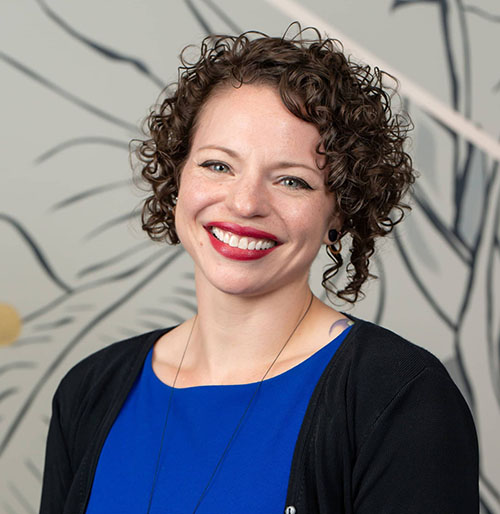
Medically Reviewed
Erika Dalton, LMSW
Erika Dalton, LMSW is a Licensed Master Social Worker and Director of Quality Control at Creekside Recovery Group
Facility Image Gallery
Find Residential Addiction Treatment Near You
Creekside Recovery Network is a premier provider of customized treatment for adults who have become addicted to alcohol and other drugs. Our network includes residential rehab programming as well as step-down outpatient options.
At every level of care, our patients receive personalized services and comprehensive support from teams of experienced professionals. For help finding a residential rehab near you, visit our Admissions page or contact us directly.

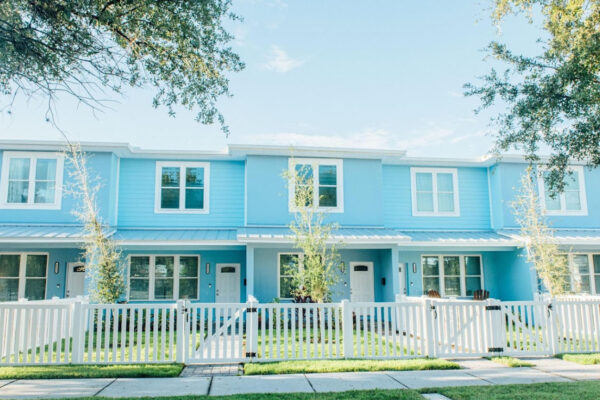

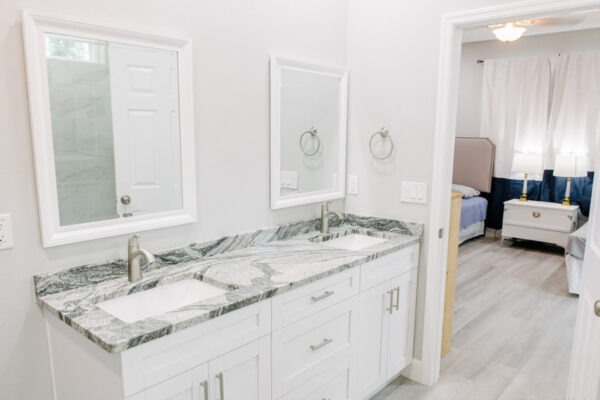
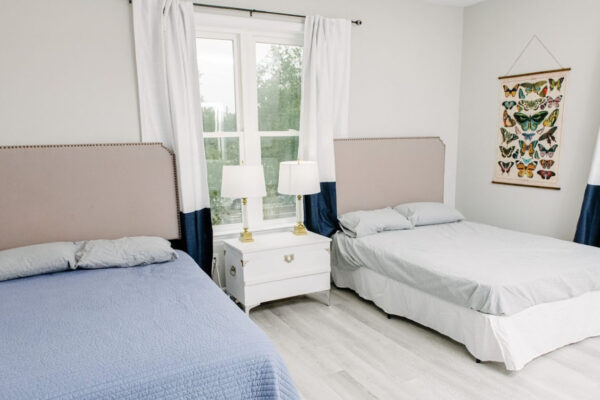
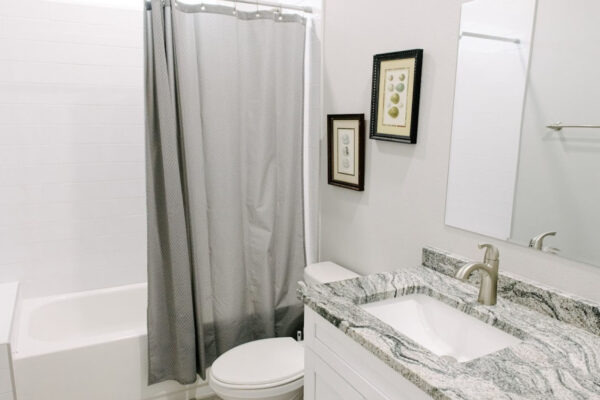
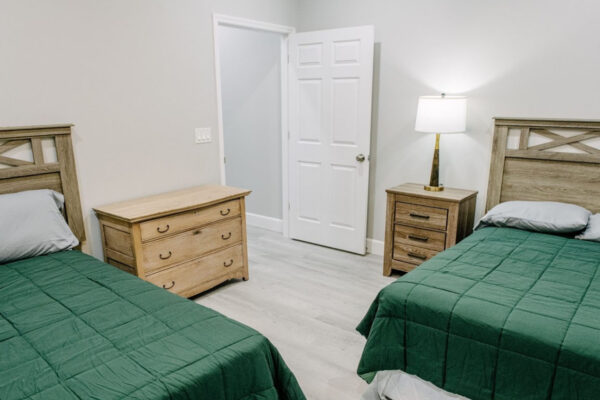
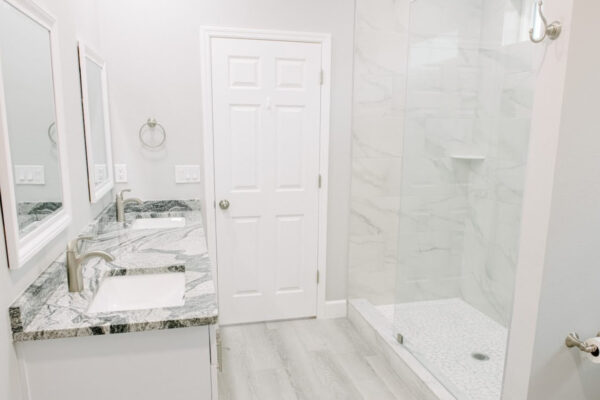
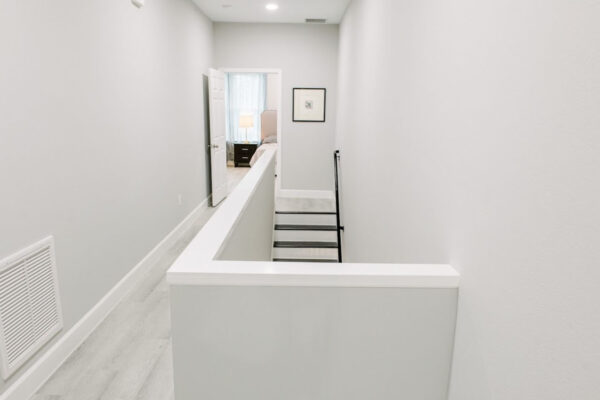
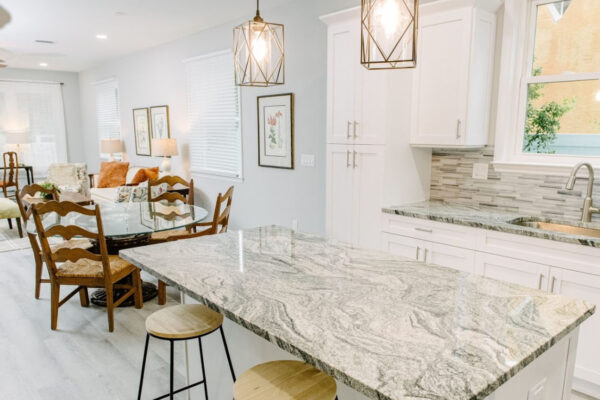
 Now that I have completed my successful journey here I would like to say that throughout it I was treated with nothing but respect. To take that a step further, I felt as if I was being treated by family.
Now that I have completed my successful journey here I would like to say that throughout it I was treated with nothing but respect. To take that a step further, I felt as if I was being treated by family.







